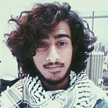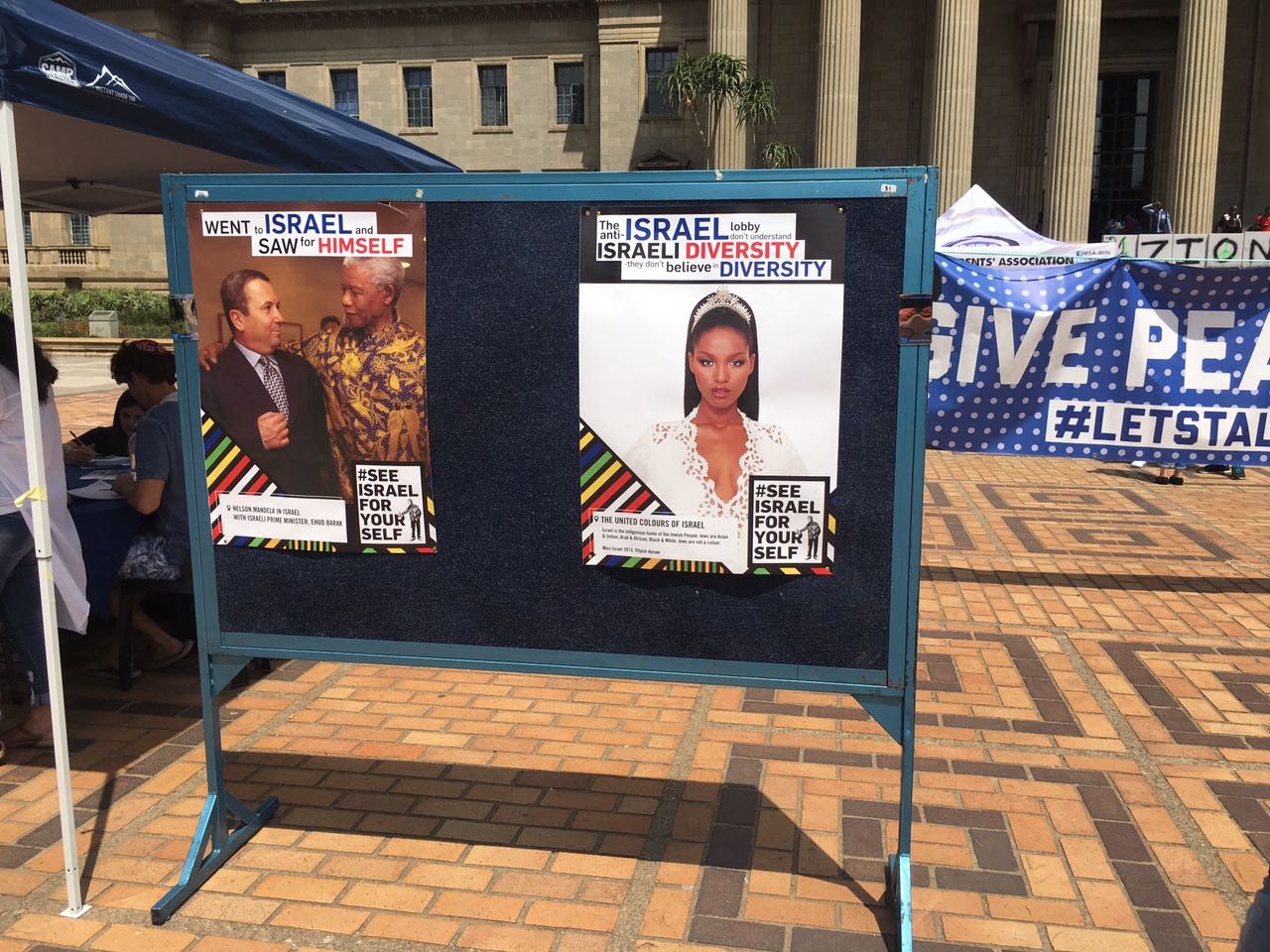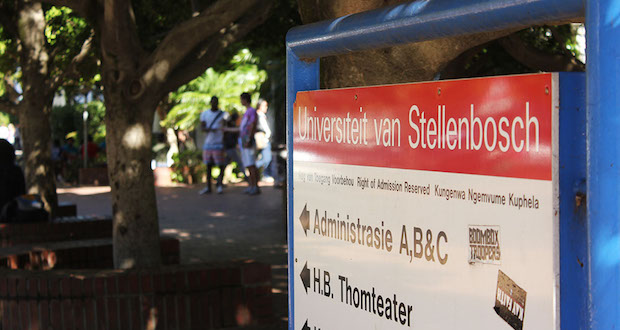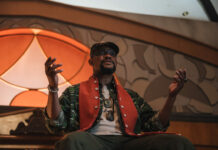International Israeli Apartheid Week is once again upon us, and civil society organisations around the world are displaying solidarity with the Palestinian people, who struggle against an apartheid system of occupation, systematic discrimination and segregation enforced by Israel.
True to form, Israel’s apologists have tapped a reservoir of reactionary energy, making “peace†the enemy of justice and vacuously deploying platitudes in a quest to pacify. This year, at the centre of their campaign to whitewash ethnic cleansing and apartheid, sits a single, spurious claim – the Zionist state is a multi-ethnic democracy that cherishes diversity. A touch of melanin is on display, aiming to drown out the evidence of institutionalised racism.
“Israel has black friends, how could it possibly be racist?”
As a rule of thumb, those who feel the need to repeatedly declare that they’re not at all racist – those who scramble to point at the “black friend†– are ordinarily seeking to obscure the realities of structural racism. It is a worn tactic, deployed by those who are unwilling to engage the racial injustices in which they may be complicit. It is also a disingenuous indulgence in identity politics, grounded in the misplaced belief that having a person of colour speak in your favour is enough to dismiss allegations of racism.
In the instance of Israeli apologetics, the case is unambiguous and damning. The Israeli state imposes upon the people of Palestine a system of apartheid – a system of racial and ethnic categorisation, segregation, and discrimination that is enforced through brutal military occupation. This is not merely the opinion of the Palestinian solidarity movement, but is the conclusion reached by the UN Committee on the Elimination of Racial Discrimination. Apartheid is a crime against humanity, and sits at the apex of institutionalised racism. No number of glossy posters and misappropriated Madiba murals can erase this.
Beyond Israel’s institutionalised racism towards Palestinians, however, the “Africans for Israel†line is both ludicrous and insulting because it is an erasure of the material realities faced by Africans (most of whom are African Jews) living within Israel, who struggle daily with the anti-blackness of the Israeli state (and indeed Israeli society, too). Over the past five years, there has been a wave of demonstrations by Mizrahi Jews – who don’t originate from Europe, as Ashkenazi Jews do, but in the Middle East and North Africa – from African countries like Eritrea and Ethiopia.
In mid-2016, Ethiopian Jews took to the streets with a list of grievances that included unjust incarceration, deportation, police brutality, the perpetuation of separate educational and housing streams for Ethiopian Israelis, and the coerced sterilisation of Ethiopian migrants as a means of demographic control. The Eurocentric identity of the Israeli state, coupled with the ethno-nationalist, settler colonial ideology of Zionism, has resulted in the systematic desecration of rights for those citizens of Israel who originate in the continent that knows the price of colonialism all too well. Many African migrants to Israel, as well as progressive Jews of colour, hold that Israeli state and society, both explicitly and implicitly, back a form of European Ashkenazi Judaism which is exclusionary towards the diversity of Jews around the world. They are also frustrated by the unwillingness of Israeli society to even acknowledge their struggle.
These frustrations are shared by many among South Africa’s dispossessed black majority.
There is a common thread that runs through the discourses of racism denial in South Africa, as well as Zionist apologetics surrounding the Israeli state. The white whine that we’ve been forced to sample again and again during protests for free education is brought out in barrels when the largely privileged caucus of white, Zionist South Africans assemble to try and impede progressive internationalism. We witness the same unwillingness to come to terms with the manner in which historical injustices influence present realities. Yesterday, it was apartheid at home, today it is the Nakba in Palestine – their cry is the same: “It’s in the past, get over it”.
The reactionary faction that appeases, and even perpetrates injustice has a long history of globalism. Oceans and deserts did not stand in the way of the European project of colonial land theft. Today, that globalism remains alive. We see it in police exchange programmes between Israel and cities in the US, where persistent police brutality and anti-blackness birthed the movement for black lives. And we see it in the groups of apartheid beneficiaries who’ve linked hands in their refusal to see race (or more accurately, to see racism).
Tactics to crush protest and harass vulnerable communities are being shared by oppressive state actors, and we are witnessing the globalisation of authoritarianism. We are also witnessing the accelerating globalisation of the tactics of unseeing and erasure that serve to appease it.
In response, I echo writers Arundhati Roy and Angela Davis, and appeal for us to rapidly, urgently, globalise dissent. At a time when fascists have seized the reins of power in some of the world’s most powerful nations – when ultra-nationalists like Benjamin Netanyahu and Donald Trump are finding common ground in a taste for hyper-masculine militarism and in an obsession with erecting walls, it is necessary for us to reiterate our commitment to progressive internationalism.
Now more than ever, it is necessary for us to give resistance wings.











